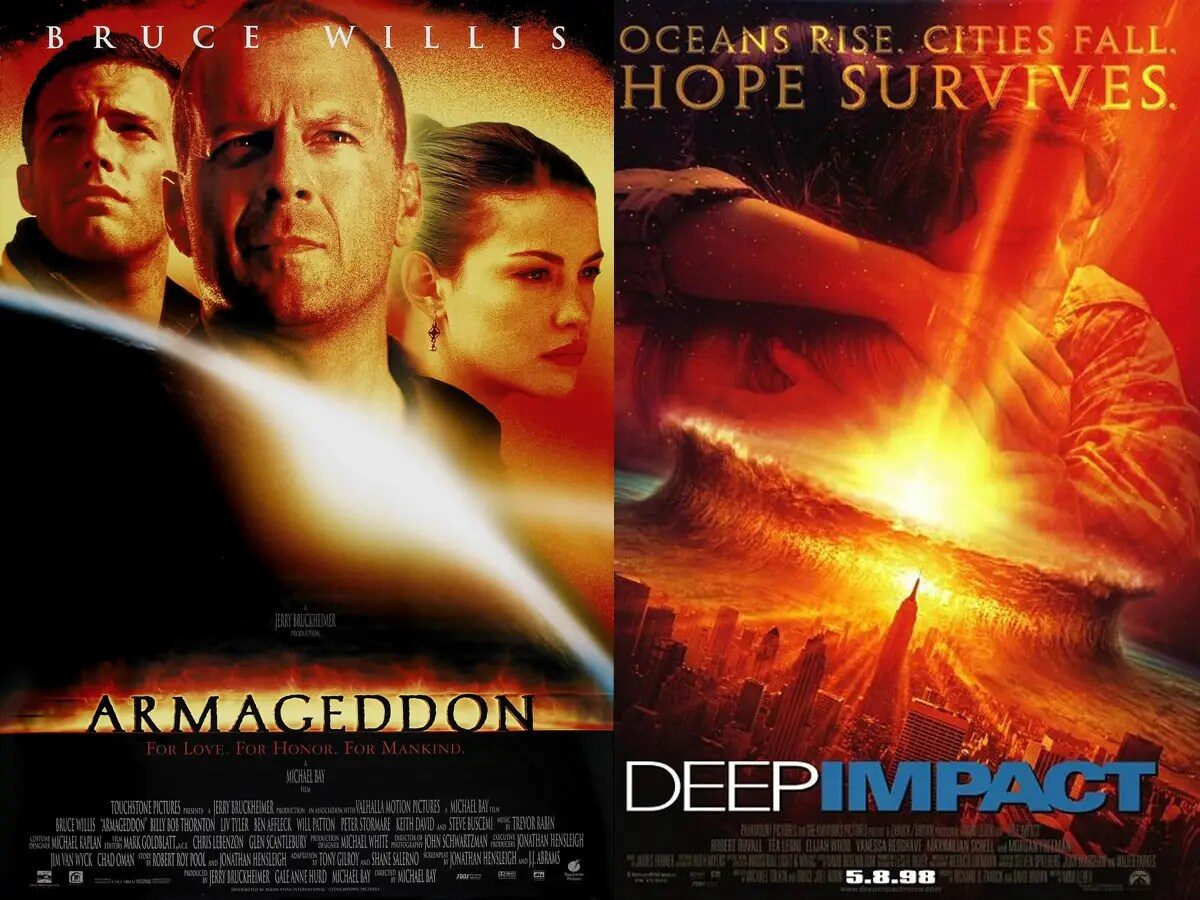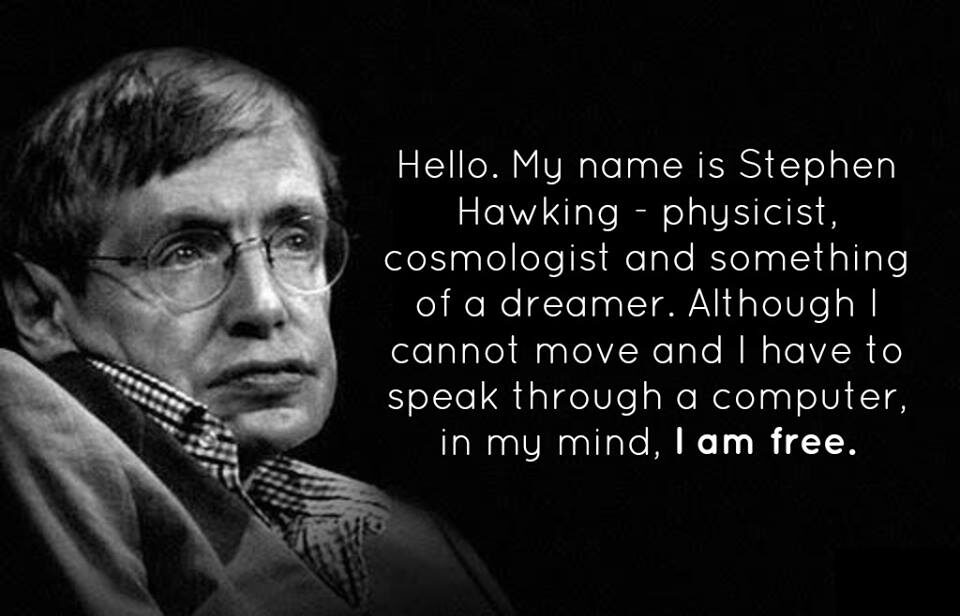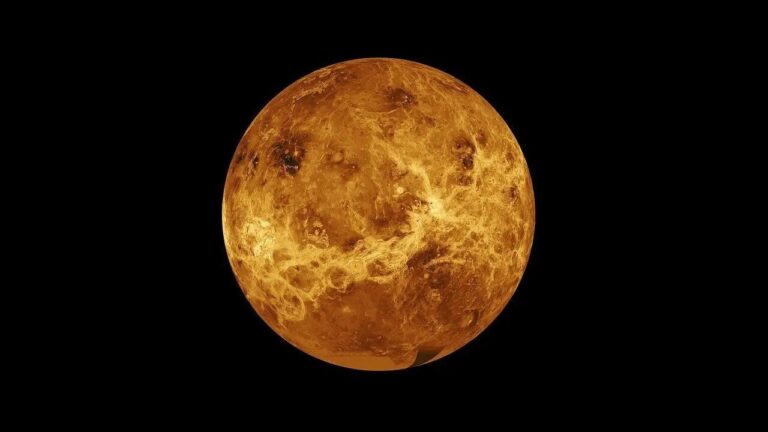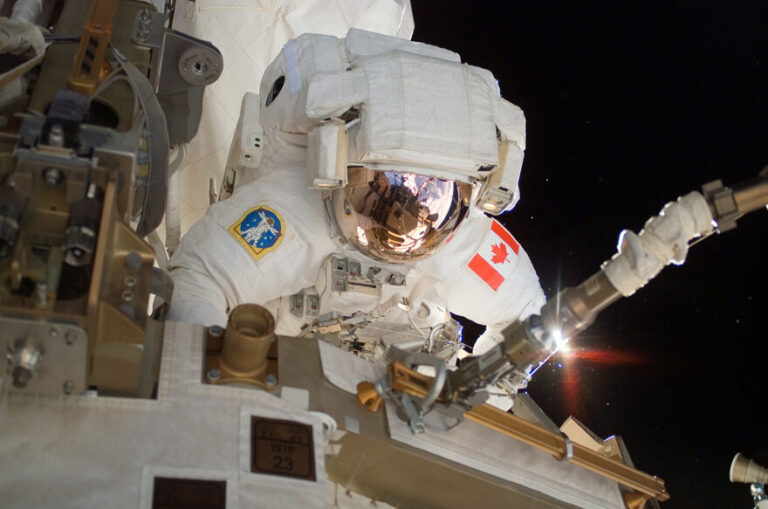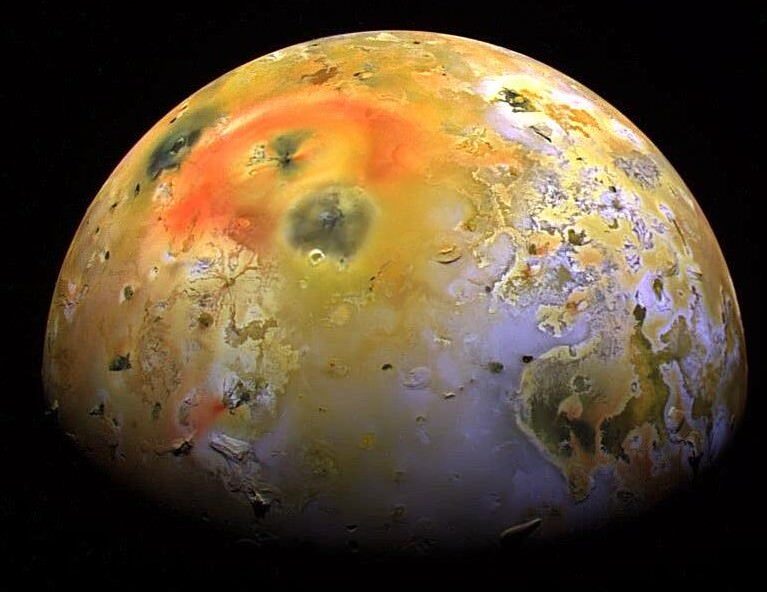Professor Stephen Hawking: Look Up At The Stars, Not Down At Your Feet
Doom-mongers and naysayers have predicted our demise for thousands of years, ever since the early Mayan’s made a calendar that ended on December 21st 2012. But, in my opinion, if the Mayan’s were any good at predicting the future, there would still be Mayan’s. The world didn’t end after the millennium bug, it stayed around after the Large Hadron Collider was switched on and we somehow survived Nibiru. We seem have a knack for survival. But should we hang around on Earth, or should we start to expand and look beyond our own planet?
We often hear sensationalized stories and wildly pessimistic claims in the media, usually to try and get a few clicks on their webpage, but they rarely have any meat in the story or any truth to the conspiracy. Professor Stephen Hawking, author of A Brief History of Time, spoke to a packed lecture room on Monday, at the Oxford Union Debating Society, and revealed another long term worry.
“I don’t think we will survive another 1,000 without escaping beyond our fragile planet.”
The stark warning was declared as a result of seeing what we are doing to our planet with global warming and aggression amongst nations. Instead of coming together and creating clean energy sources and exploring the solar system, we are constantly creating better weapons and bigger engines. The professor said that in order to survive as a species, we should look beyond our planet and explore the galaxy:
“Remember to look up at the stars and not down at your feet. Try to make sense of what you see, wonder about what makes the universe exist. Be curious. However difficult life may seem, there is always something you can do and succeed at. It matters that you don’t just give up.”
Whilst the warnings were stark and did not hold out much hope for our future generations, Hawking did end on a positive note and revealed some optimism and hope for the future:
“Our picture of the universe has changed a great deal in the last 50 years and I am happy if I have made a small contribution. The fact that we humans, who are ourselves mere fundamental particles of nature, have been able to come this close to understanding the laws that govern us and the universe is certainly a triumph.”
How will it happen?
There are many threats here on Earth, such as global warming, ice ages, nuclear apocalypses and disease epidemics, but threats can also come from outside…
The sun could die.
Right now, the sun is busy changing hydrogen into helium through fusion, and creating the energy we need to live. Without the sun, everything dies a very quick death. Our scientists have estimated that the sun is halfway through its life and still has at least a few billion years left, although calculations have been wrong in the past.
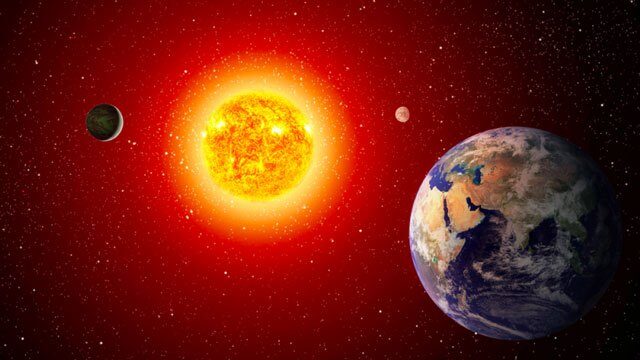
A rogue planet could drift in and create havoc.
There are more rogue planets than we realize. They actually outnumber stars by about 100,000 to one, and drift, usually harmlessly, through the void. If however, one drifted into our system and started to mess around with the gravity and orbits of our planets, we might be incinerated or frozen solid in a matter of moments. Whilst life seems pretty stable here on Earth, we are actually in a very finely balanced environment that could easily be tipped over the edge.
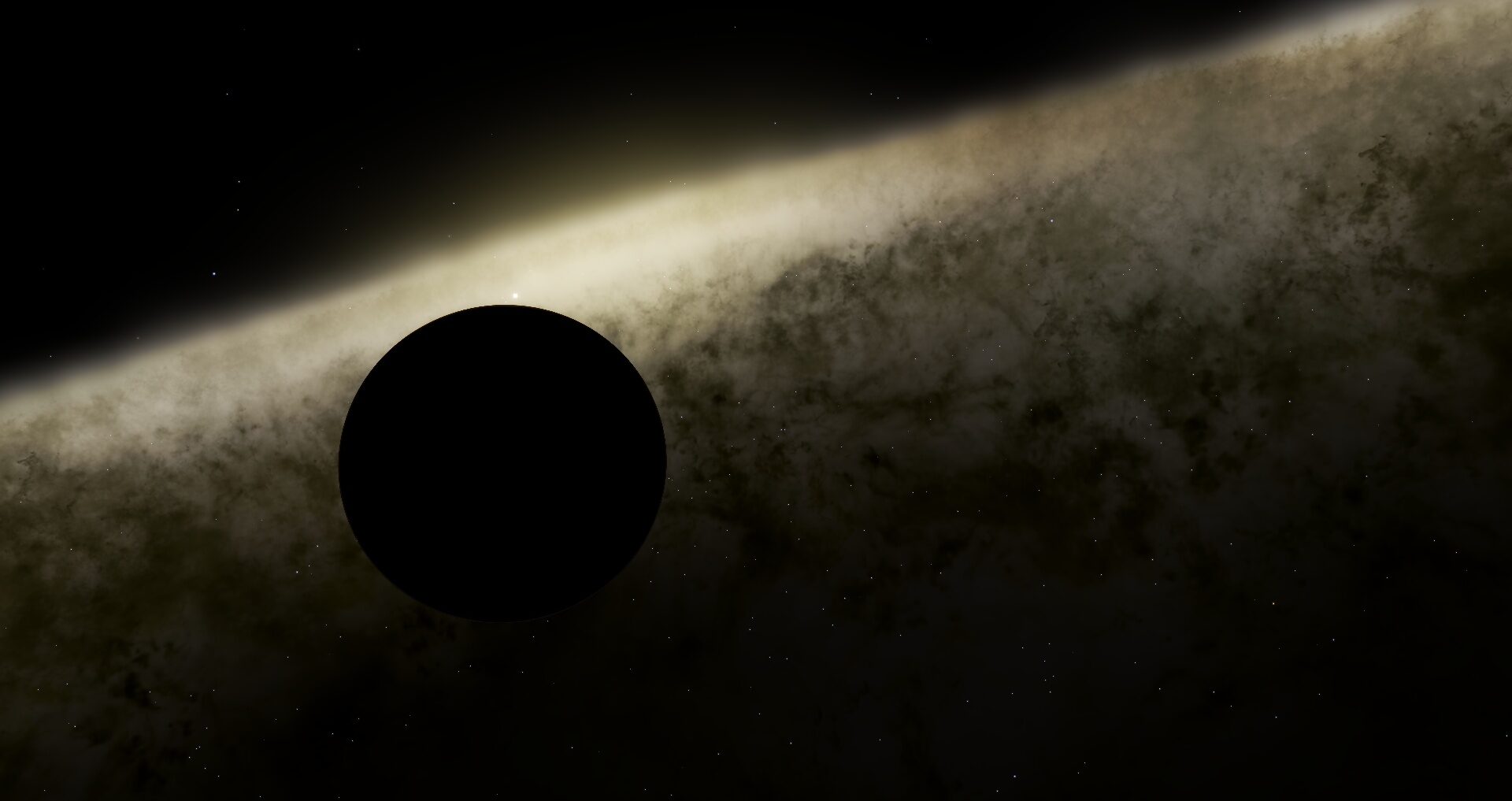
Asteroids.
We all saw the Armageddon and Deep Impact movies and whilst they might be sensationalized and very Hollywood, it isn’t impossible that it could happen. Would we need Bruce Willis to head up there and blow the asteroid to pieces? Probably not, because this would just create an unimaginable shower of smaller asteroids that would create just as much havoc. The main thoughts on asteroid surviving at the minute involve diverting the object away from us.
